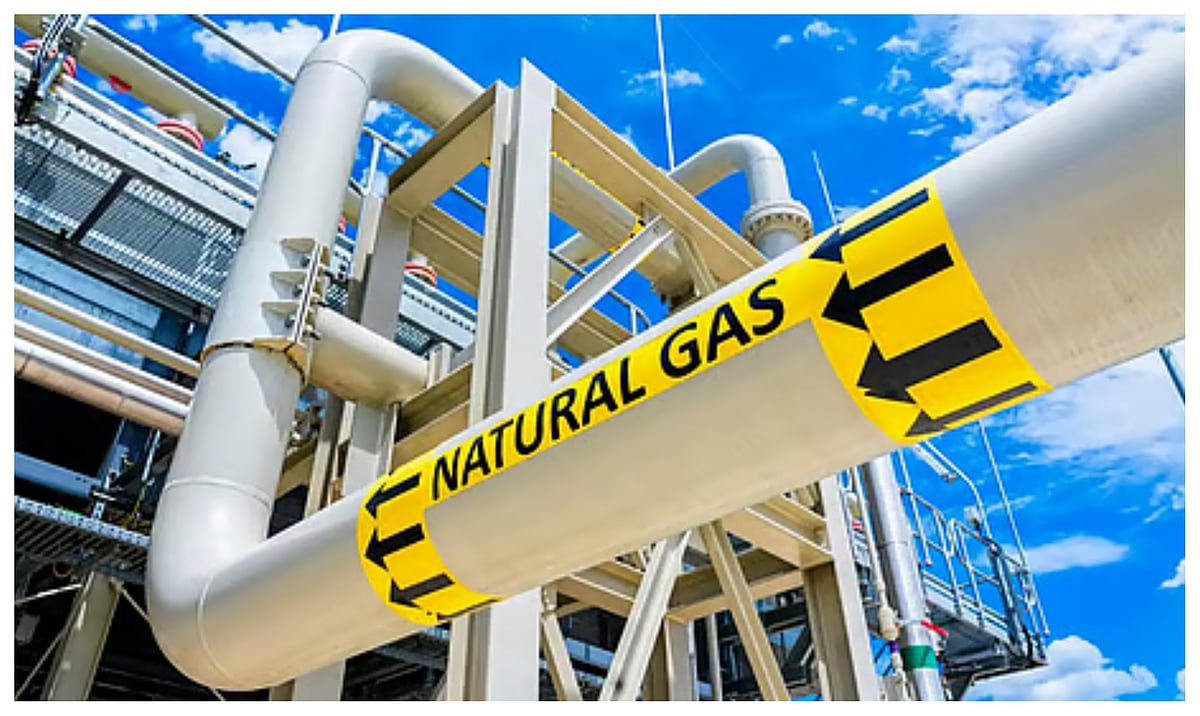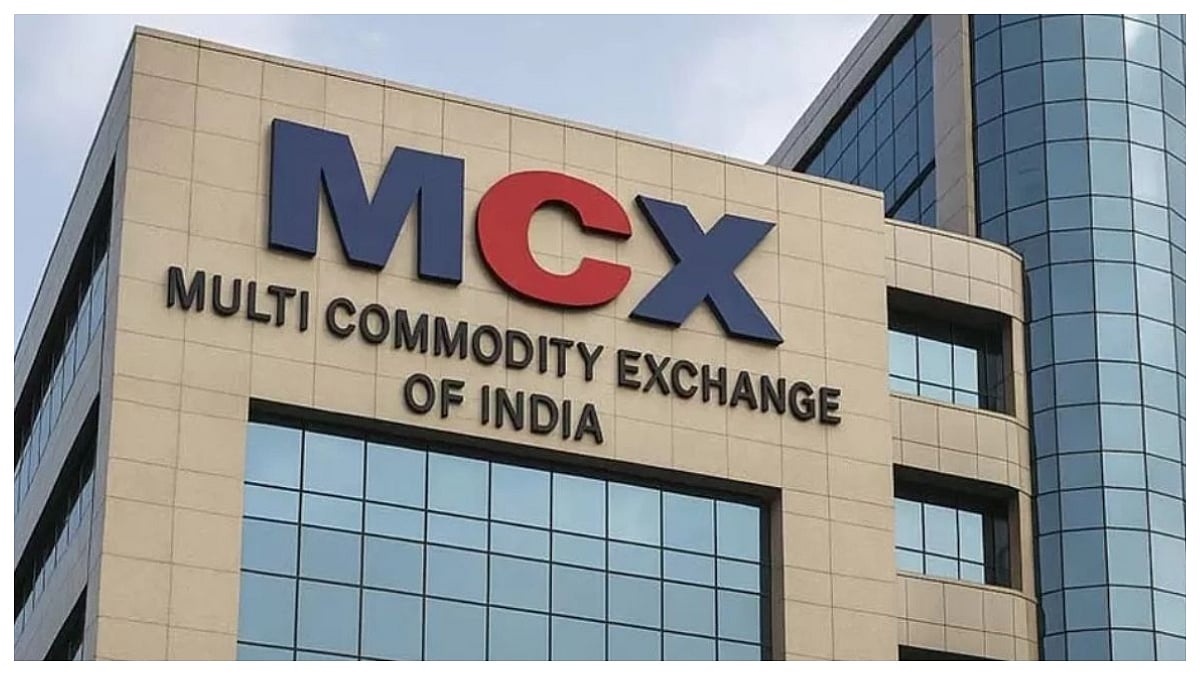During the first four months of FY26, india’s natural gas import bill fell 9.4% to $4.8 billion , compared with $5.3 billion in the same period of FY25, according to data from the Petroleum Planning and Analysis Cell (PPAC).
Liquified Natural Gas Imports
Reflecting a 12.4% decline from April–July FY25,the country imported 11,534 million standard cubic meters (mmscm) of liquefied natural gas (LNG) during the period.

Import Bill Drops
According to The Financial Express,"In July alone, the import bill dropped 20% to $1.2 billion compared with July 2024. Import volumes for the month also fell 20% to 2,946 mmscm from the year-ago period.During April–July FY26, India’s natural gas consumption slipped 7.8% to 23,134 mmscm."
Domestic Natural Gas Production Declines
Domestic natural gas production also declined, falling 3% to 11,754 mmscm. State-owned ONGC produced 6,129 mmscm, down from 6,271 mmscm in the same period of FY25. Production remained below target, underscoring the widening gap between demand and supply.
Reducing Import Dependence
According to The Financial Express,"Boosting domestic crude oil and natural gas output has been a key government agenda to reduce import dependence. However, production has largely remained stagnant, keeping import reliance elevated."
ONGC & Oil India
Experts attribute the decline to ageing fields operated by ONGC and Oil India. “India’s declining domestic oil/gas production has further exacerbated its position as a relatively small oil/gas producer with limited prospects for near-term output growth,” Rubix Data Sciences noted in its latest report.
Easing Policy Uncertainty
The government has been pursuing upstream oil and gas sector reforms to ease policy uncertainty, clear bottlenecks, and improve risk evaluation. These steps have made India’s exploration and production space more attractive to private and global players.
Natural Gas Demand
Demand for natural gas is projected to grow by 4–6% in FY26, while domestic output is expected to reach only about 100 mmscmd, said Prashant Vasisht, senior vice president and co-group head, corporate ratings, ICRA. “Thus, the dependence on LNG imports is expected to remain high at 52% of consumption,” he noted.










